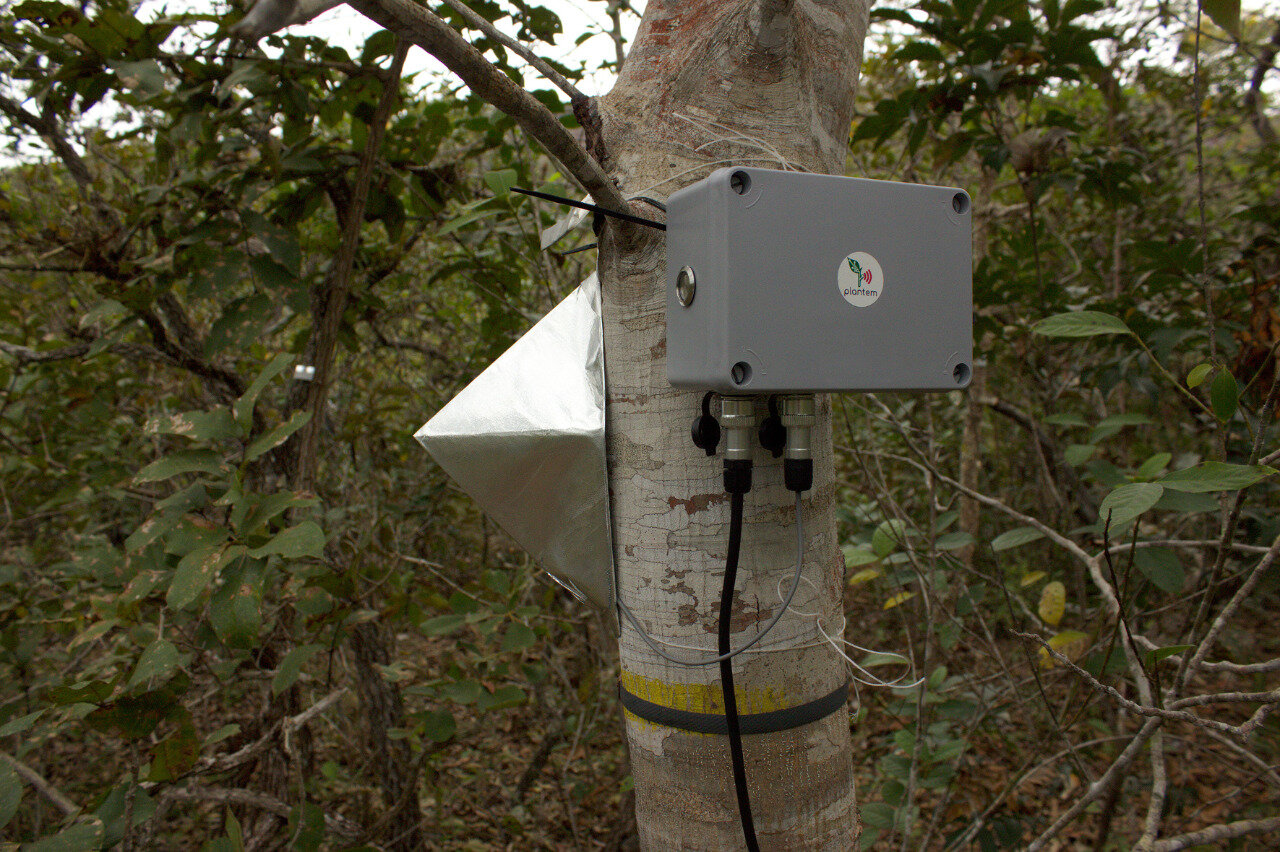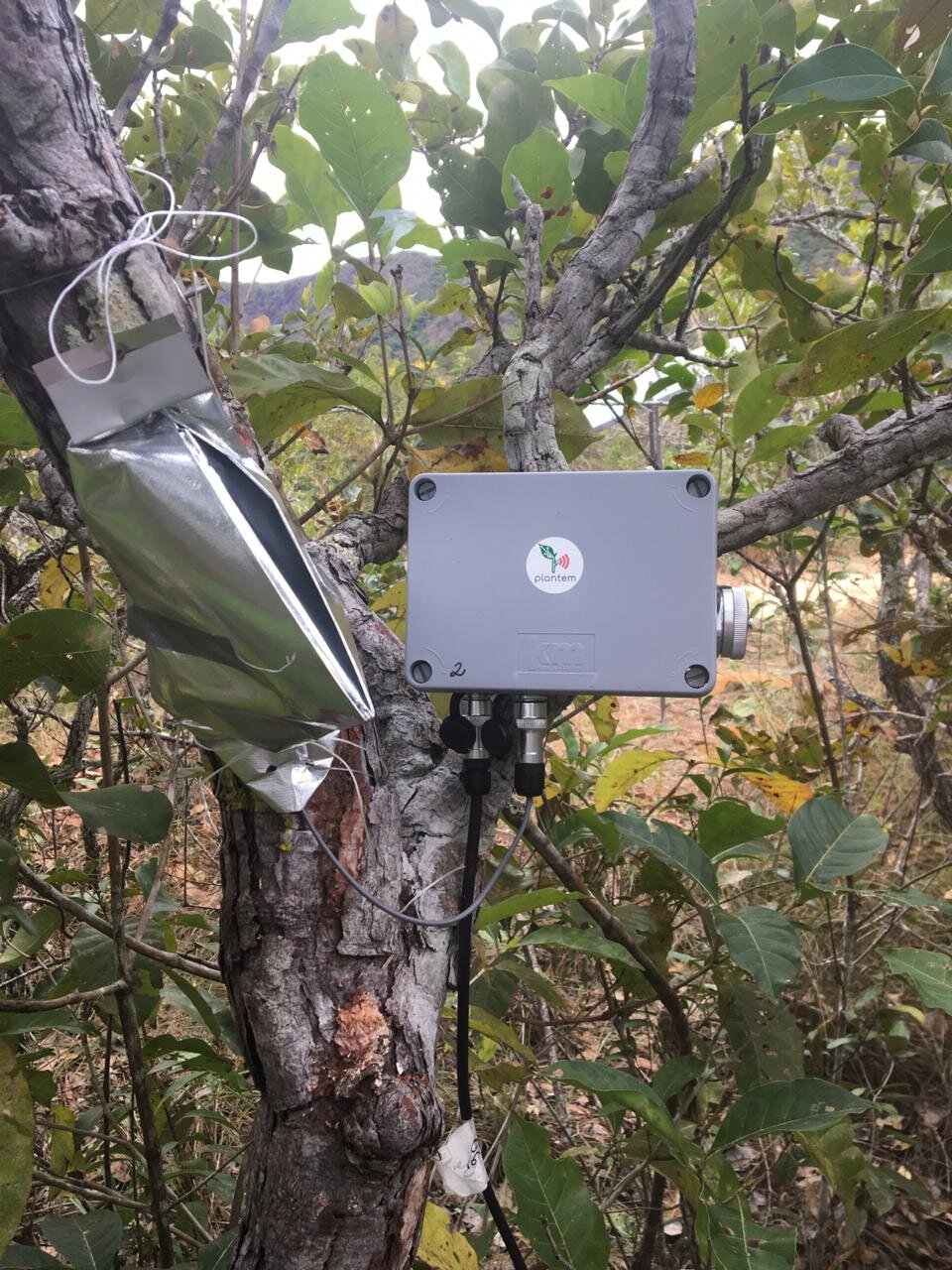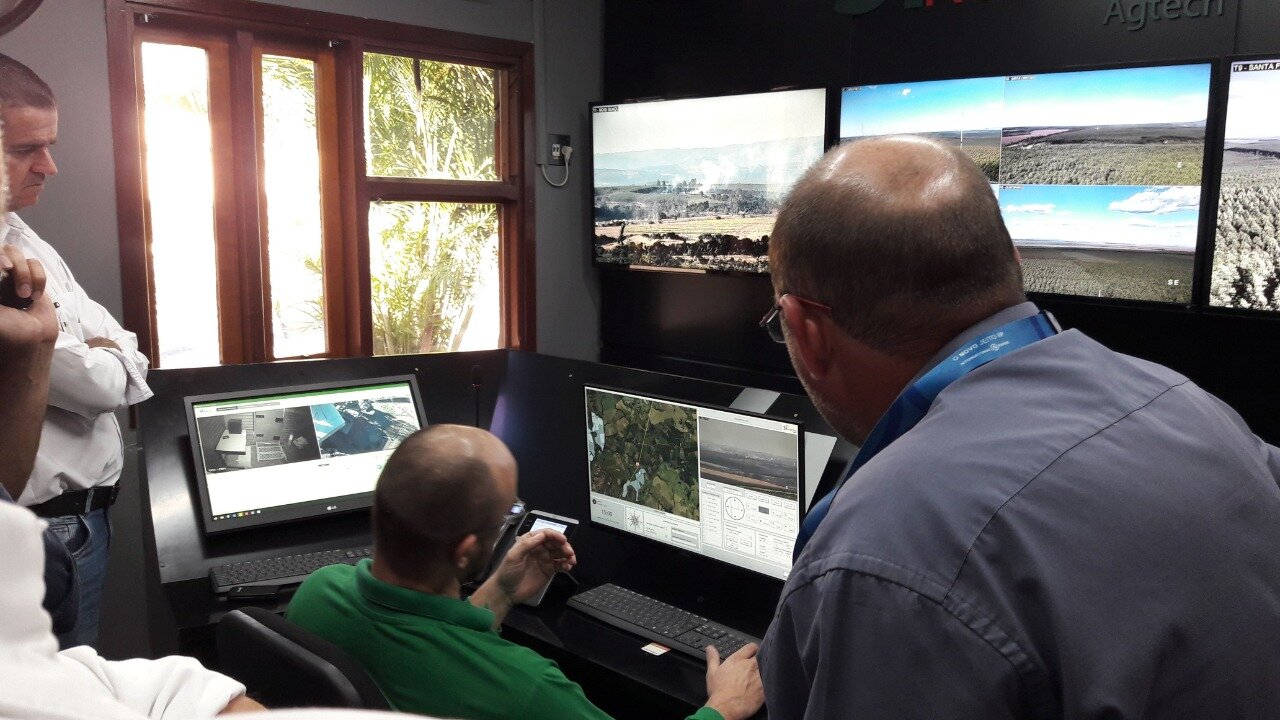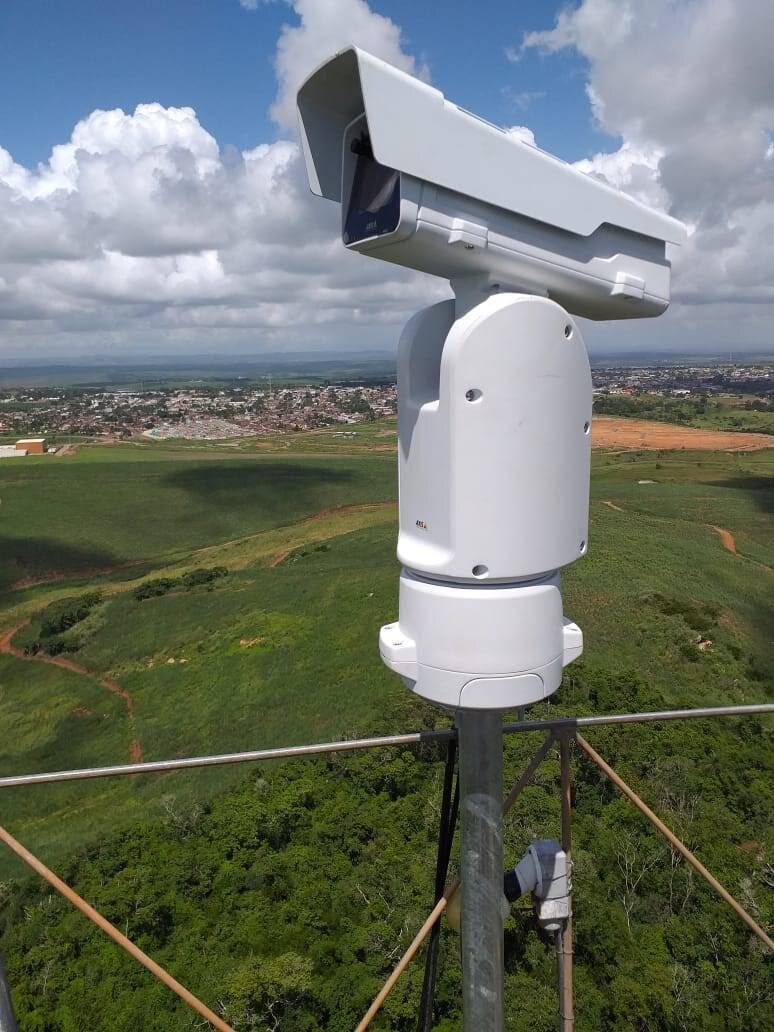Program Builds Sustainable Agricultural Innovation Portfolio
Partnership between Land Innovation Fund and Agtech Garage, with support from Embrapii, selects ten startups with an eye on innovative solutions for the soy supply chain.
With proposals ranging from environmental monitoring to soil treatment, ecological restoration, artificial intelligence, big data solutions, carbon quantification and traceability in the soy chain, the ten startups selected in the first two cycles of the Sustainable Soy for the Cerrado Program – a partnership between the Land Innovation Fund and AgTech Garage, with support from EMBRAPII, the Brazilian Research and Industrial Innovation Company – hope to mitigate major challenges on today's sustainability agenda. The program is designed to connect the agribusiness ecosystem with novel solutions offering positive economic and socio-environmental impacts on the soy supply chain in the Cerrado.
"Sustainable Soy for the Cerrado" will be carried out in four stages with initial resources of around R$2.2 million to support startups, with the possibility of increasing this amount as new partners show interest in supporting an innovation ecosystem for sustainable agribusiness. "The initiatives we have chosen make up a portfolio of integrated solutions capable of providing sustainable solutions for whole farms – from cropland to the standing forest. They also have the potential to be applied to other major commodities, showing how sustainable development can also be good business", says Carlos E. Quintela, director of the Land Innovation Fund.
"Sustainable Soy for the Cerrado" fits into a portfolio of projects supported by the Land Innovation Fund for sustainable development initiatives along the supply chain of one of Brazil's most important commodities. Six of the seven initial projects currently underway with the Land Innovation Fund support focus on the Cerrado, a biome that has seen a 460% growth in agriculture over the past 35 years, according to a MapBiomas survey. Together, AgTech Garage and EMBRAPII, with financial support from the Land Innovation Fund, aim to combine the most modern research and development by startups with scientific production in the academy, offering innovative projects for a sustainable soy supply chain, with no deforestation or conversion of native vegetation.
Meet the startups:
AGTRACE: The company has expertise in traceability and quality management for agricultural products and uses blockchain technology to connect all the links in the supply chain and to ensure the transparency and accuracy of information in the field. AgTrace works with information capture, management, and analysis, from seedbed to processing plant to product distribution, providing all the data through a single view for optimal business management. In 2020, the startup was chosen by the World Agri-Tech Innovation Summit, in San Francisco, as one of the fifteen agtechs with a potential to transform agribusiness.
AGROROBÓTICA: In partnership with Embrapa and Embrapii, this ag innovation startup has developed an artificial intelligence platform that uses photonic technology to perform chemical analyses on samples using only high-energy pulsed laser – the same technology used by NASA to probe the soil of Mars. Called AGLIBS, the platform generates chemical-free, real-time certifications of carbon stocks, soil fertility, and leaf nutrients to help farmers make the best planting decisions quickly, accurately, and efficiently. By quantifying potentials for carbon sequestration as well as soil and plant needs, the platform gives farmers an integrated, single-system management approach to demands for both productivity and sustainability.
BRAIN AGRICULTURE: A data automation company with tools that help agribusiness players fulfill their ESG commitments and rural landowners to identify environmental concerns. Using automatic data search to monitor farmers' and farms' financial and socio-environmental risks (Farm Check and Farmer ID), as well as ESG policies and reputational risks (Smart ESG), Brain Agriculture helps agribusiness ecosystems make quick and reliable decisions based on accurate, consolidated information from the supply chain.
BRCARBON ENVIRONMENTAL SERVICES: Established to foster forest conservation and ecological restoration actions based on carbon-market financial flows to promote climate solutions, the startup's goal is to make conservation and restoration profitable activities, with financial stimulus from carbon credits and support for environmental regularization in degraded areas. It uses state-of-the-art technologies to accelerate, multiply, and consolidate carbon projects in Brazil.
FORESTMATIC: Its "Reforestation-as-a-Service (RaaS)" approach allows reforestation projects to generate revenue while fighting climate change. The initiative encourages environmentally responsible companies to sponsor plantations based on commercial triggers and the generation of carbon debits. The action is valid for both on-demand plantations and standing forests. To make it possible, Forestmatic uses a tree tracking platform, a customized dashboard with integrated conservation data, and digital banners installed on selected pages to quantify the action's impact on companies. More details at their website.
PLANTEM: A high-performance monitoring startup that does real-time tracking of climate variations (rainfall, temperature, radiation, humidity, etc.) and plant health (transpiration and growth), generating data that helps quantify and value environmental conservation. Data automation is done by Plantar, a monitoring platform with sensors connected directly to the trees and weather stations, integrated into a system of data control, acquisition and processing, arranged in a coordinated format to monitor the trees' physiology and environment.
Photo Credit: Plantem Archive
SAFE TRACE: This traceability startup uses blockchain technology to track food movements from the field to supermarket shelves. Safe Trace's qualification, control of origin and transparency platform enables the collection and management of information throughout a supply chain, mapping the course from raw material at its point of origin to the final product. The service allows growers to participate directly in monitoring and preserving their own operations. It qualifies the supply chain and enables the implementation, monitoring and verification of a given sector's commitments to fighting deforestation, while also operating multiple protocols for responsible procurement, tailored to the needs of a given supply chain. The technology allows partners and suppliers to engage in environmental protection and responsible practices.
SCICROP: This company's technological solutions for agribusiness provide expertise in analytics and data integration, with on-demand algorithm generation, customized dashboards, geonalytics maps, data integration and management and technological infrastructure, knowledge transfer and team training. In this program, the startup suggests using algorithm analysis to identify potential areas for creating Private Natural Heritage Reserves (RPPNs), to detect and quantify carbon stocked on farms through remote sensing, and to develop a predictive model for fire risk through remote sensing, based on a 21-year time series of data on wildfire outbreaks, available in the company's records. These solutions allow farms to reduce the risk of biodiversity loss and to envision revenue possibilities beyond their soy production areas.
QUIRON: This artificial intelligence startup combines data from satellite constellations and nanosatellites to monitor fire, pest and blight risks in crop areas, map the soil, and count and analyze the vigor of trees. All these activities and solutions are performed remotely, with no need for hardware installation, thus minimizing costs and reducing the need for on-site visits. The state-of-the-art technology ensures over 90% accuracy and up to 800 times better resolution in the test results.
UM GRAU E MEIO: Integrated intelligence to fight forest and plantation fires, addressing prevention, detection, communication, and mobilization to support efficient firefighting, by providing environmental indicators to measure reduction of emissions from the reduction of areas lost. From the technical project to the infrastructure, with lookout towers for early detection of fires, Um grau e meio offers a complete firefighting solution, with the quantification of impacts generated by CO2 emissions reductions to fight climate change.
Photo Credit: Um Grau E Meio Archive







